What is Needed to Convert a Car to Electric?
By Sebastian Orellana
Updated Feb 17, 2024
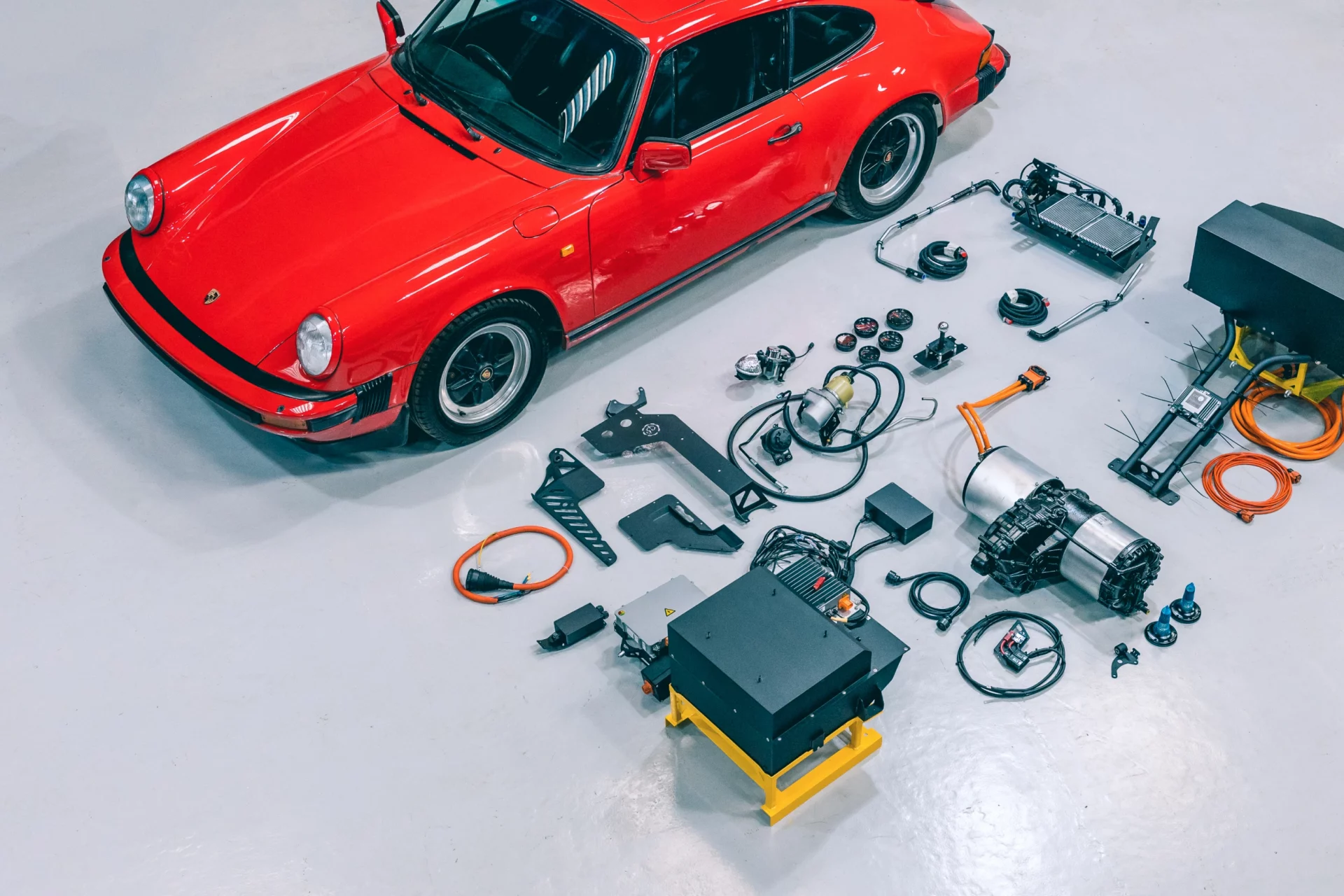
Electric vehicles (EVs) are becoming increasingly popular as an environmentally friendly alternative to combustion engines. Converting a car to an electric one entails a lot of work, but it can be done with the proper knowledge and tools. This post will discuss what is needed to convert a car into electricity.
Table of Contents
READ: How Much Does It Cost to Convert an Old Car to EV?
Basics of Electric Vehicle Conversion
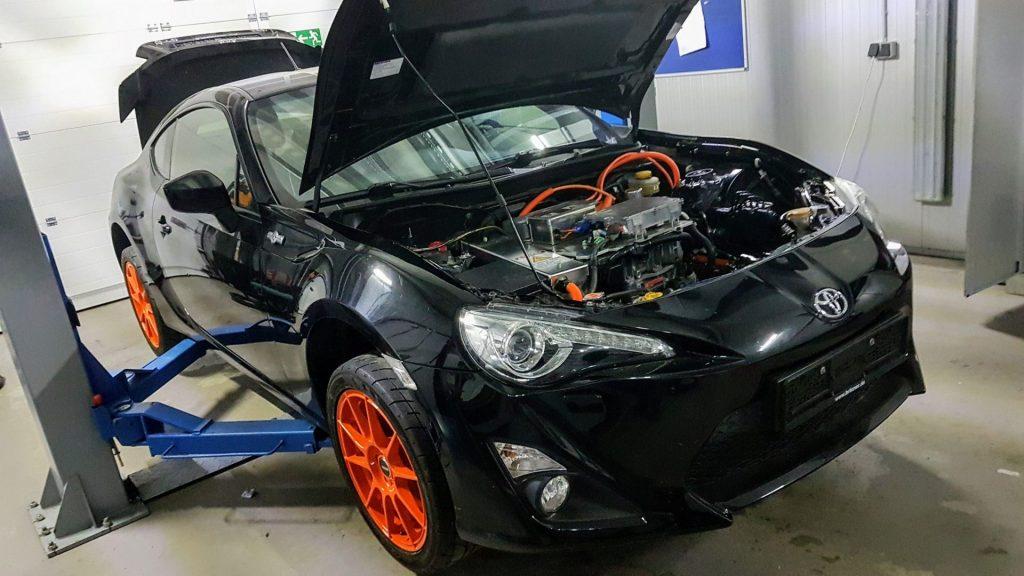
Electric vehicle conversion converts a combustion engine into a battery-powered electric vehicle. It requires knowledge of electrical systems, mechanical systems, and automotive systems. A basic understanding of how electric cars work is also necessary.
The conversion process involves replacing the internal combustion engine with an electric motor, installing a controller, batteries, and other components, and ensuring all components are correctly connected and functioning.
Battery Requirements for Electric Vehicle Conversion
The battery is the most critical component of an electric vehicle. It is responsible for storing energy and providing power to the motor. The battery requirements for an electric vehicle conversion depend on the size and type of vehicle, the desired range, and the power requirements. Generally, lithium-ion batteries are recommended, as they are more efficient and have a longer life than lead acid or nickel-metal hydride batteries.
Motor Requirements for Electric Vehicle Conversion
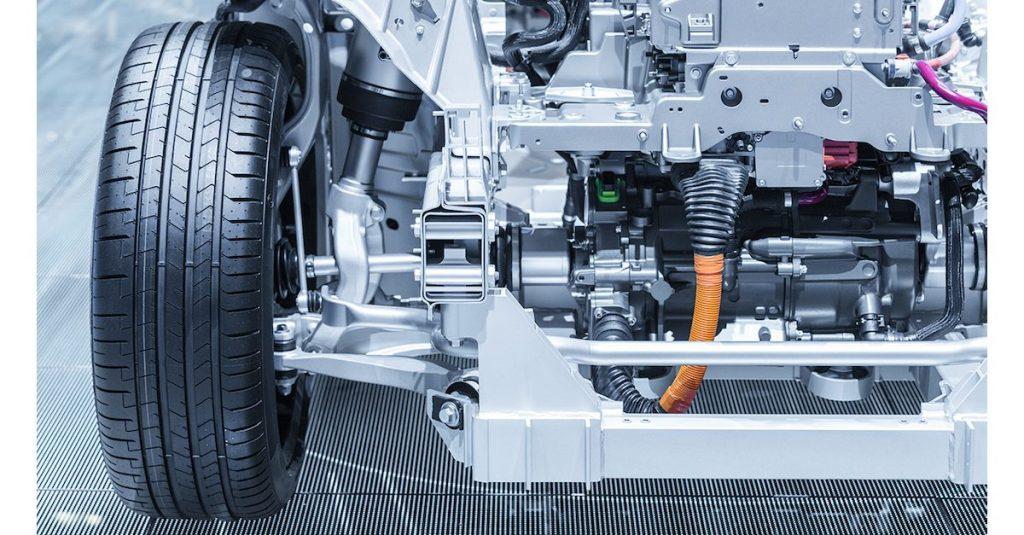
The motor is the primary source of power in an electric vehicle. The motor requirements for an electric vehicle conversion depend on the size and type of vehicle, the desired range, and the power requirements.
Generally, brushless DC motors are recommended, as they are more efficient and have a longer life than brushed motors. The motor should also be matched to the controller and the battery to ensure optimal performance.
READ: Cost Comparison: DIY EV Conversion Kits Vs. Professional Installation
Controller Requirements for Electric Vehicle Conversion
The controller is a device that regulates the flow of electricity between the battery and the motor. It is responsible for controlling the speed and torque of the engine. The controller requirements for an electric vehicle conversion depend on the size and type of vehicle, the desired range, and the power requirements.
Generally, brushless DC controllers are recommended, as they are more efficient and have a longer life than brushed controllers.
Other Components Required for Electric Vehicle Conversion
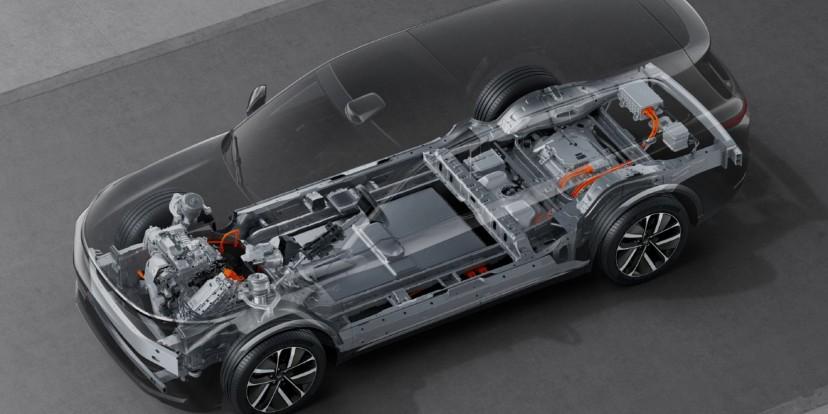
Several other components are necessary for electric vehicle conversion. These include an inverter, which converts the direct current (DC) from the battery to alternating current (AC) for the motor; a charger, which charges the battery; a power management system, which monitors and regulates the power flow between the components; and a cooling system, which keeps the details operating at optimal temperatures.
Safety Considerations for Electric Vehicle Conversion
Electric vehicle conversion involves dealing with electricity, which can be dangerous if improperly handled. Taking safety precautions when working on an electric vehicle conversion is important, such as wearing protective gear and following all instructions carefully. Additionally, it is essential to ensure that the components are properly connected and insulated and that the wiring is done correctly.
Legal Considerations for Electric Vehicle Conversion
Several legal considerations must be considered when converting a car to electric. Depending on the jurisdiction, there may be regulations or laws regarding the use of electric vehicles, the components used in the conversion process, and the installation of components. It is important to ensure all applicable regulations are followed to avoid legal issues.
Can Any Car Be Converted To Electric?
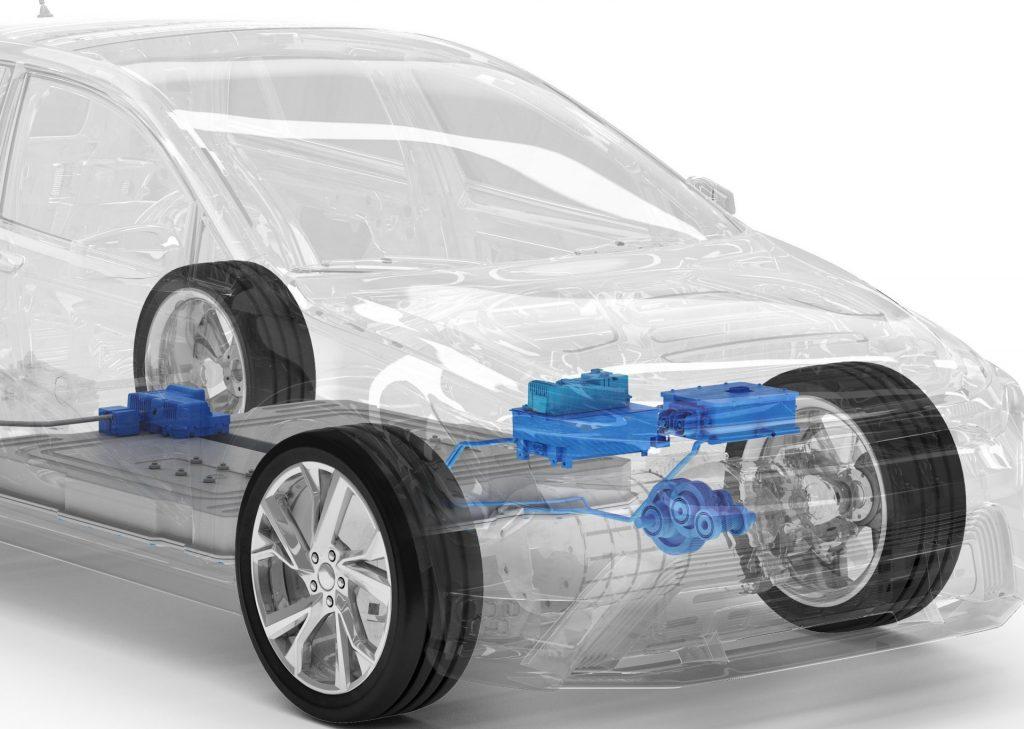
It is possible to convert any car to electric. The process is called an electric vehicle conversion and involves replacing the internal combustion engine with an electric motor or motor. This is most commonly done with older cars since newer vehicles usually have a more complicated electronic architecture. The conversion process typically starts with selecting the battery and motor used. Then the engine and transmission need to be removed and replaced with the electric motor and necessary components.
The drivetrain must also be reconfigured to properly manage torque, as this is how the vehicle moves forward. After the drivetrain is configured correctly, the necessary wiring and computer controls must be installed. This includes connecting all the motors and sensors, such as the throttle and brakes. Finally, the car must be tested to ensure it performs correctly and adequately.
This process is becoming increasingly popular as the cost of electric vehicles continues to come down and technology has become more advanced. It is an attractive option for those looking to reduce their carbon footprint or save money on fuel in the long term. However, converting a car to electric can be a time-consuming and expensive process, so it is essential to do your research before starting.
Depending on the type of vehicle and the components chosen, it could cost several thousand dollars or more to do the conversion. Additionally, not all garages nor mechanics have the experience to perform these types of conversions properly. That said, many garages and experienced mechanics can handle a conversion. Ultimately, whether or not a vehicle can be converted to electric depends on various factors, so it is important to think carefully before committing to the conversion process.
READ: How Long Can Electric Car Idle With The Heat Turned On
Cost of Electric Vehicle Conversion
The cost of an electric vehicle conversion depends on the cost of the components and the labor involved. Generally, converting an existing vehicle is less expensive than buying an electric one. However, the cost can vary significantly depending on the size and type of vehicle, the components used, and the labor involved. It is essential to research and compare prices to ensure that the conversion is done in the most cost-efficient way possible.
